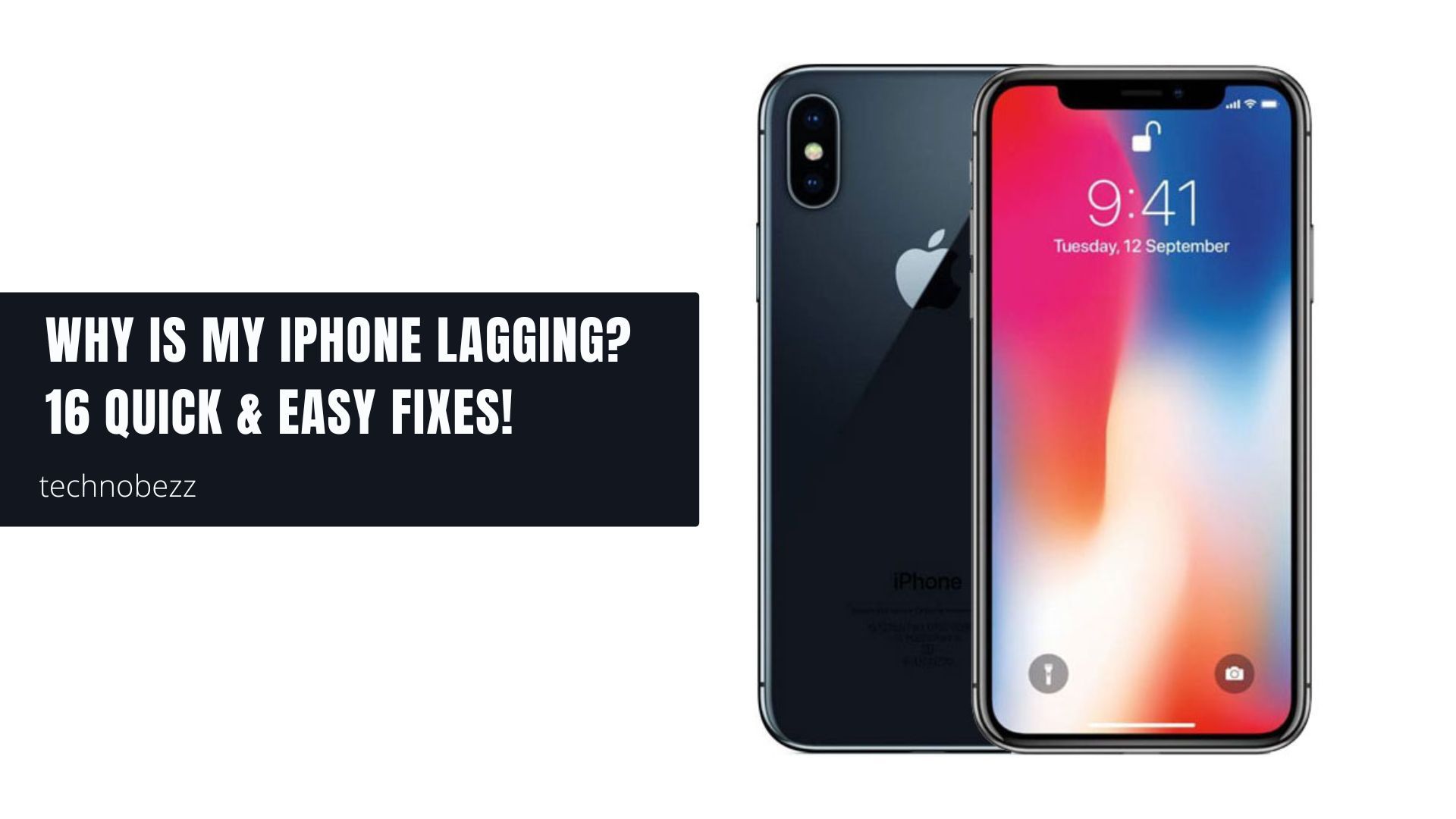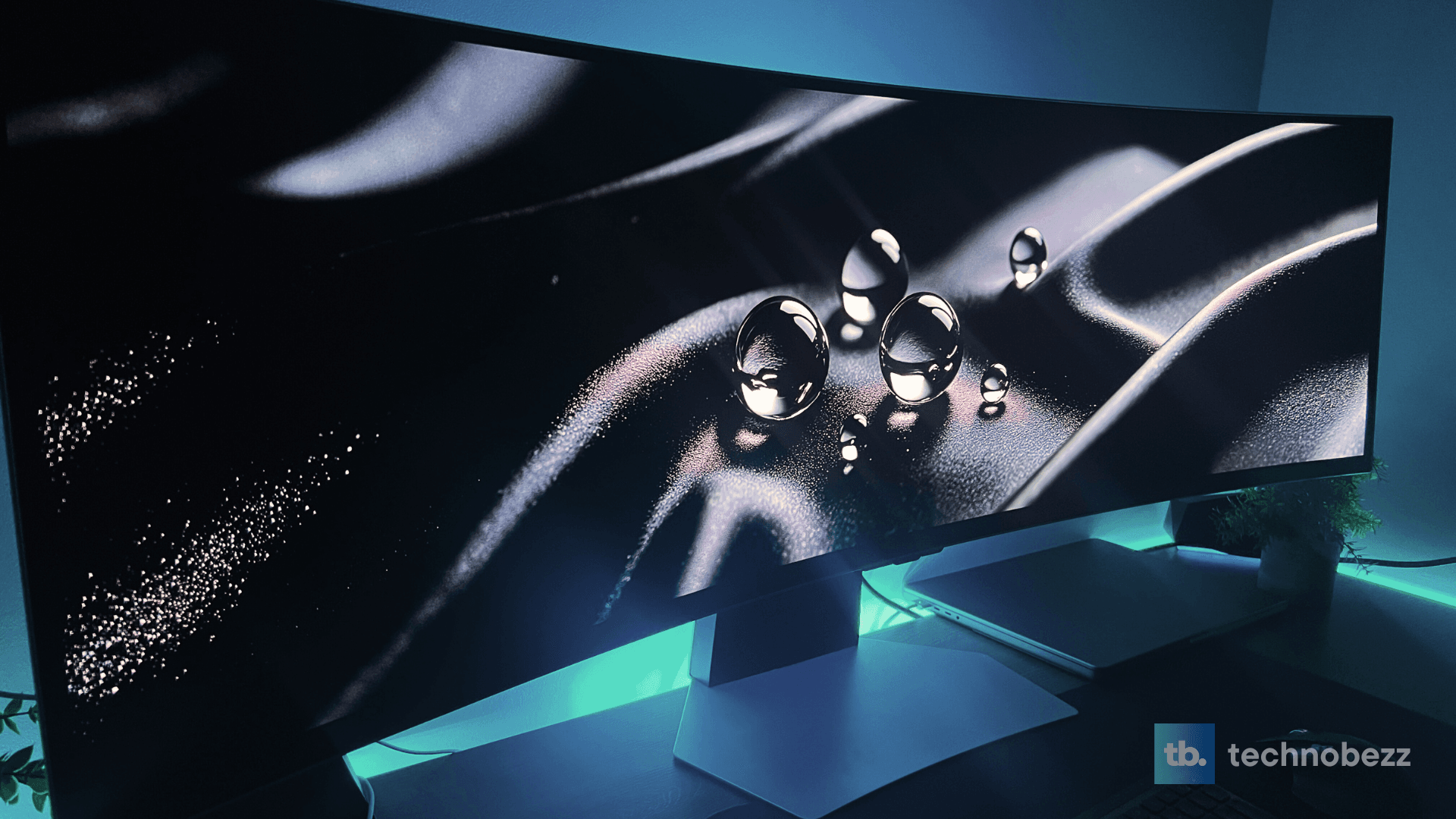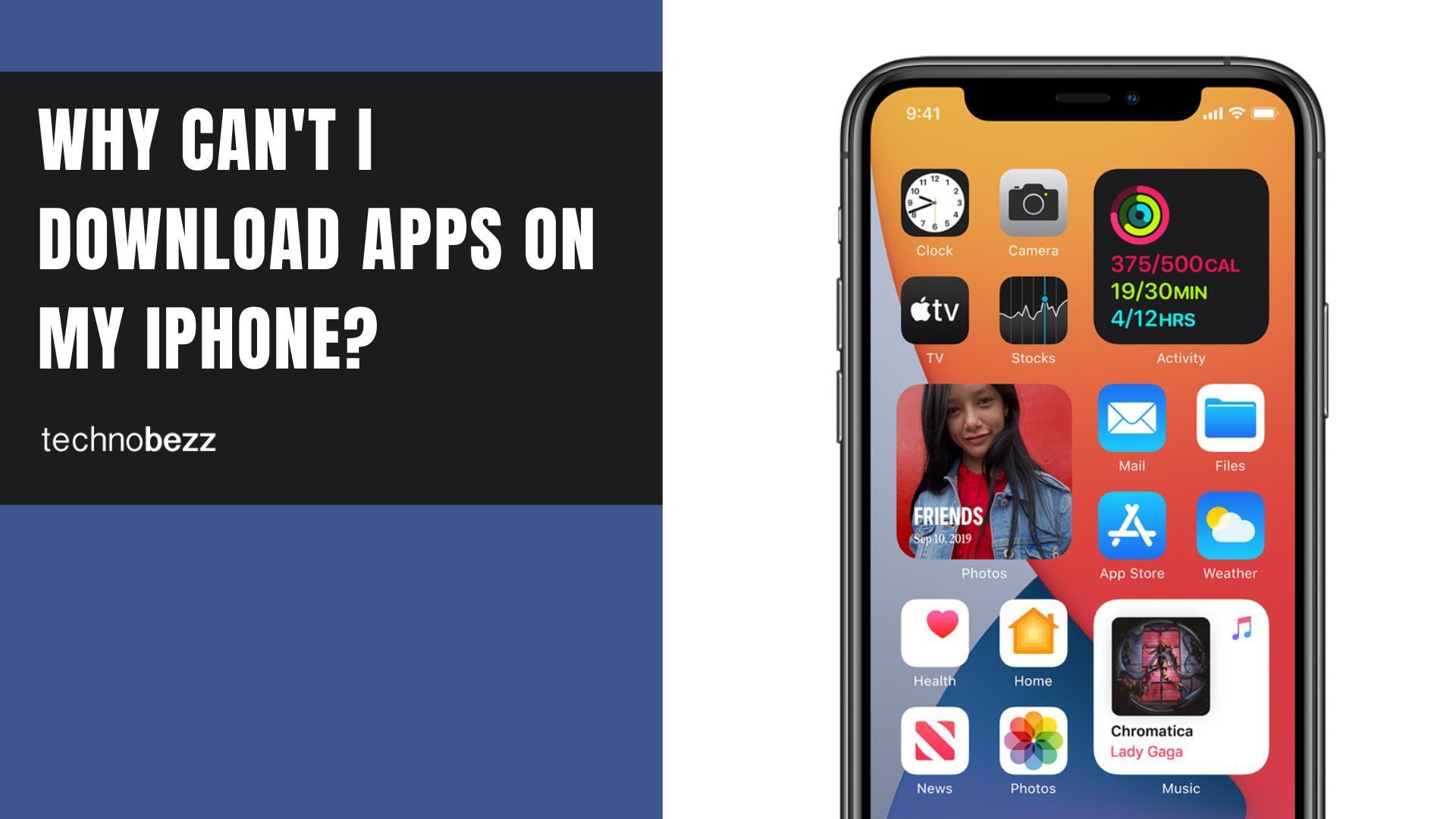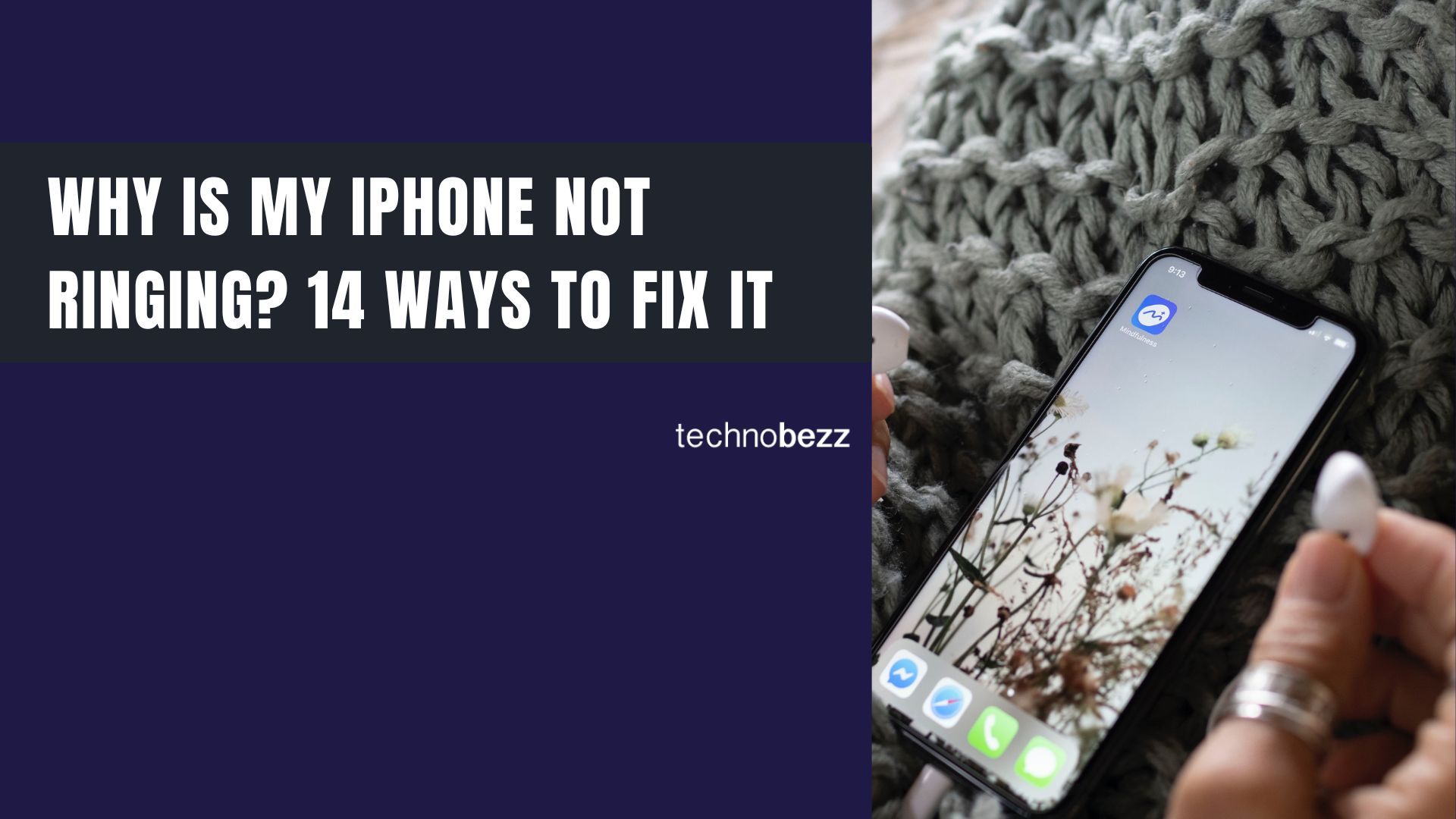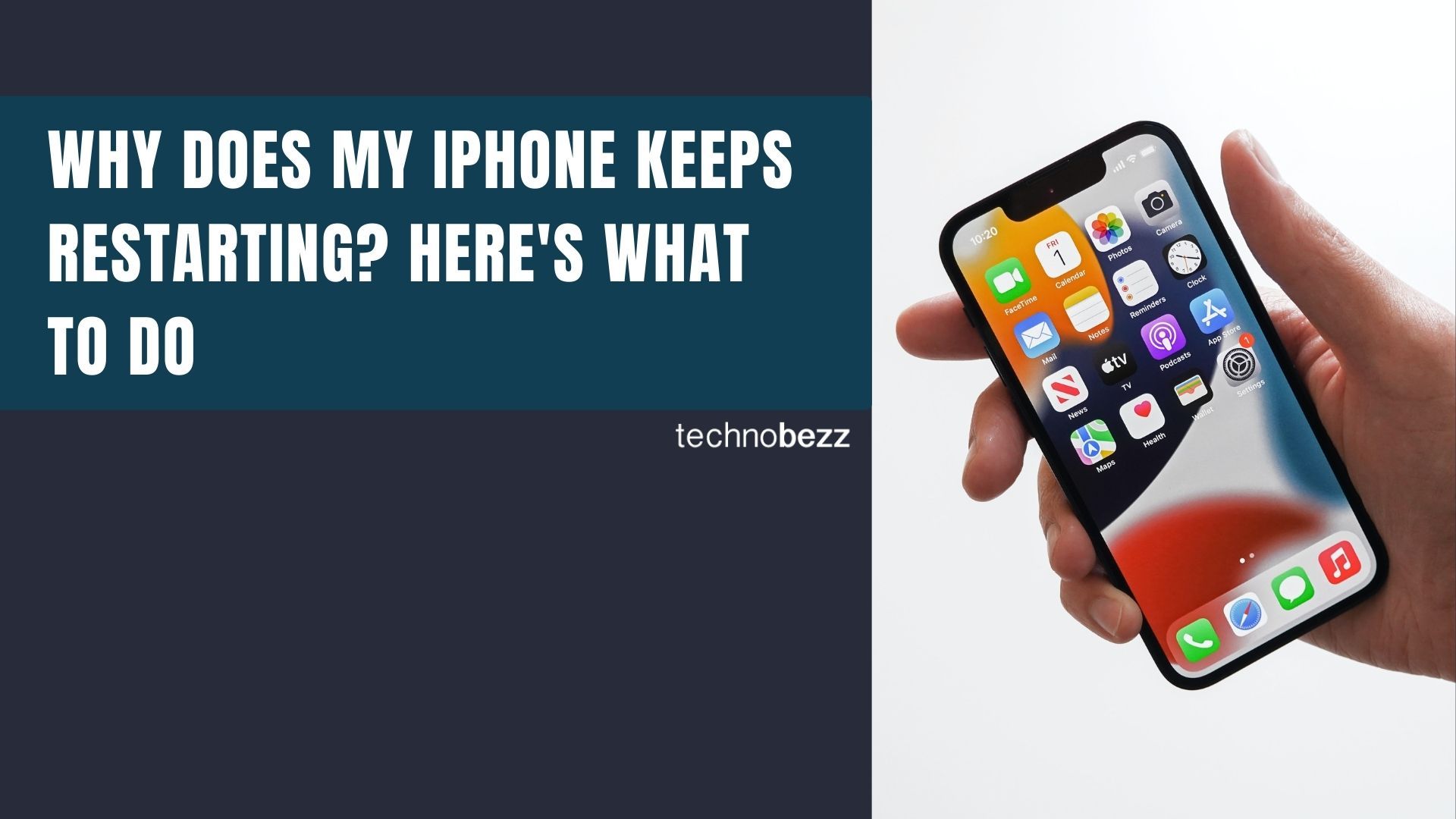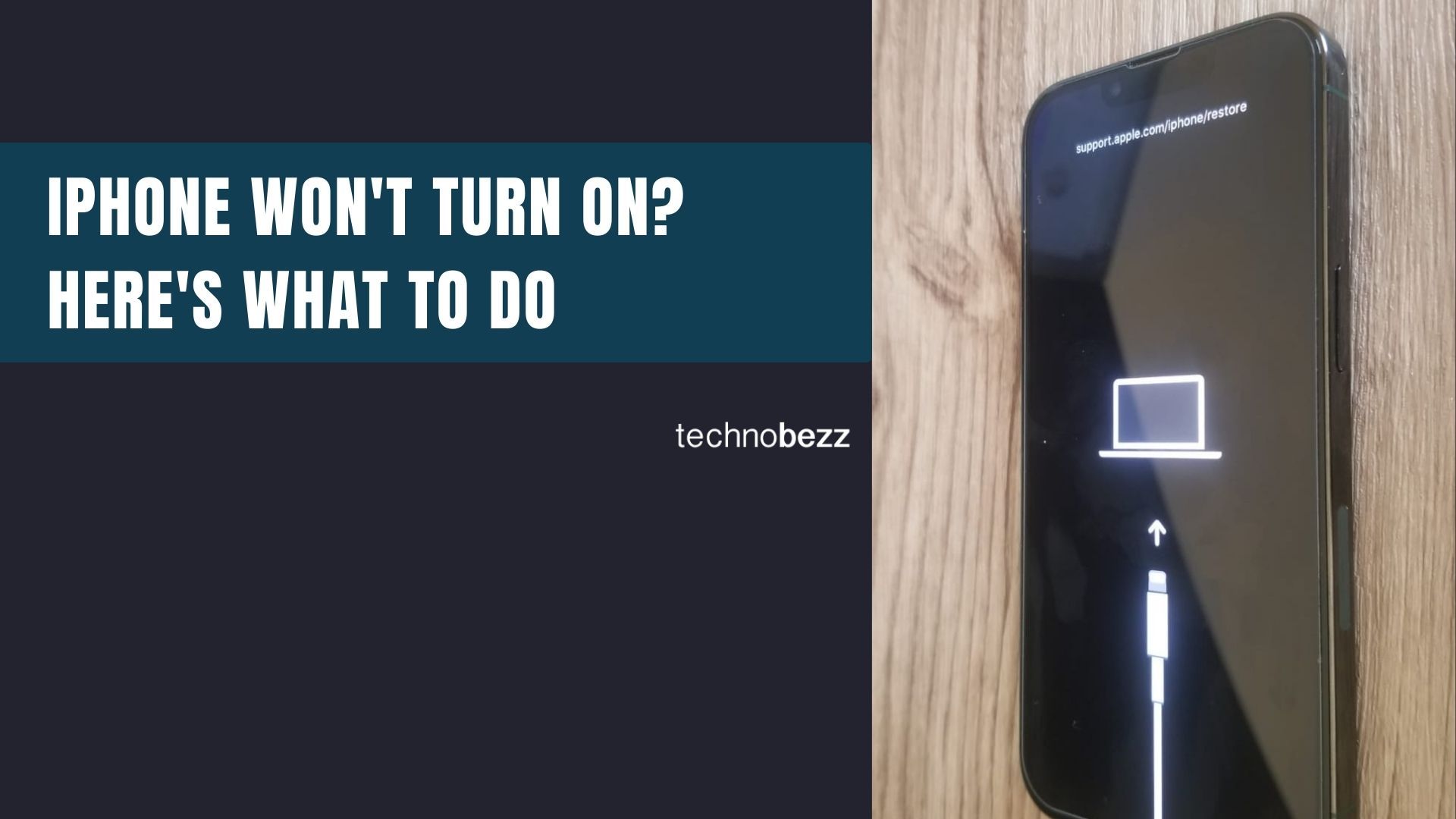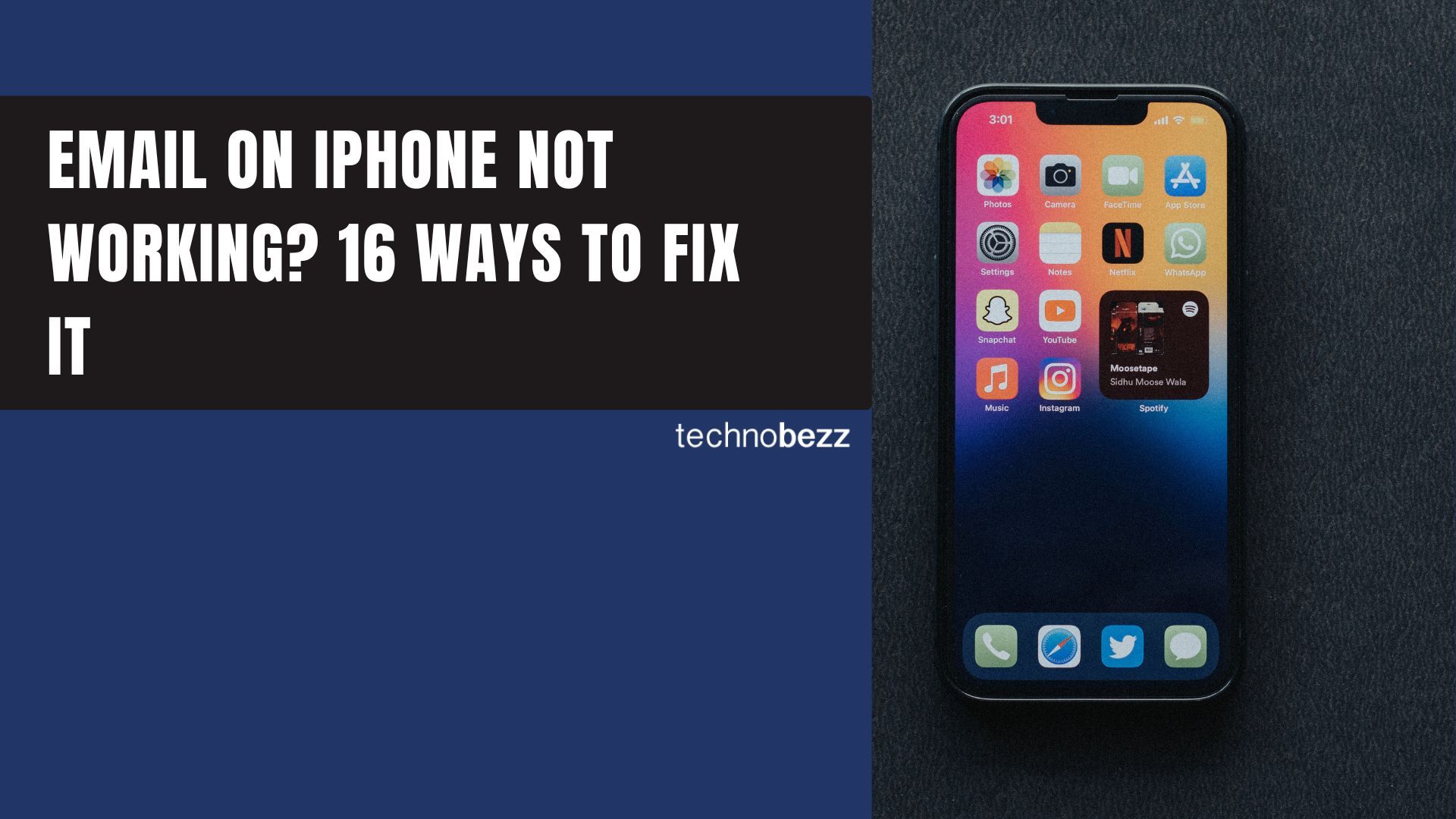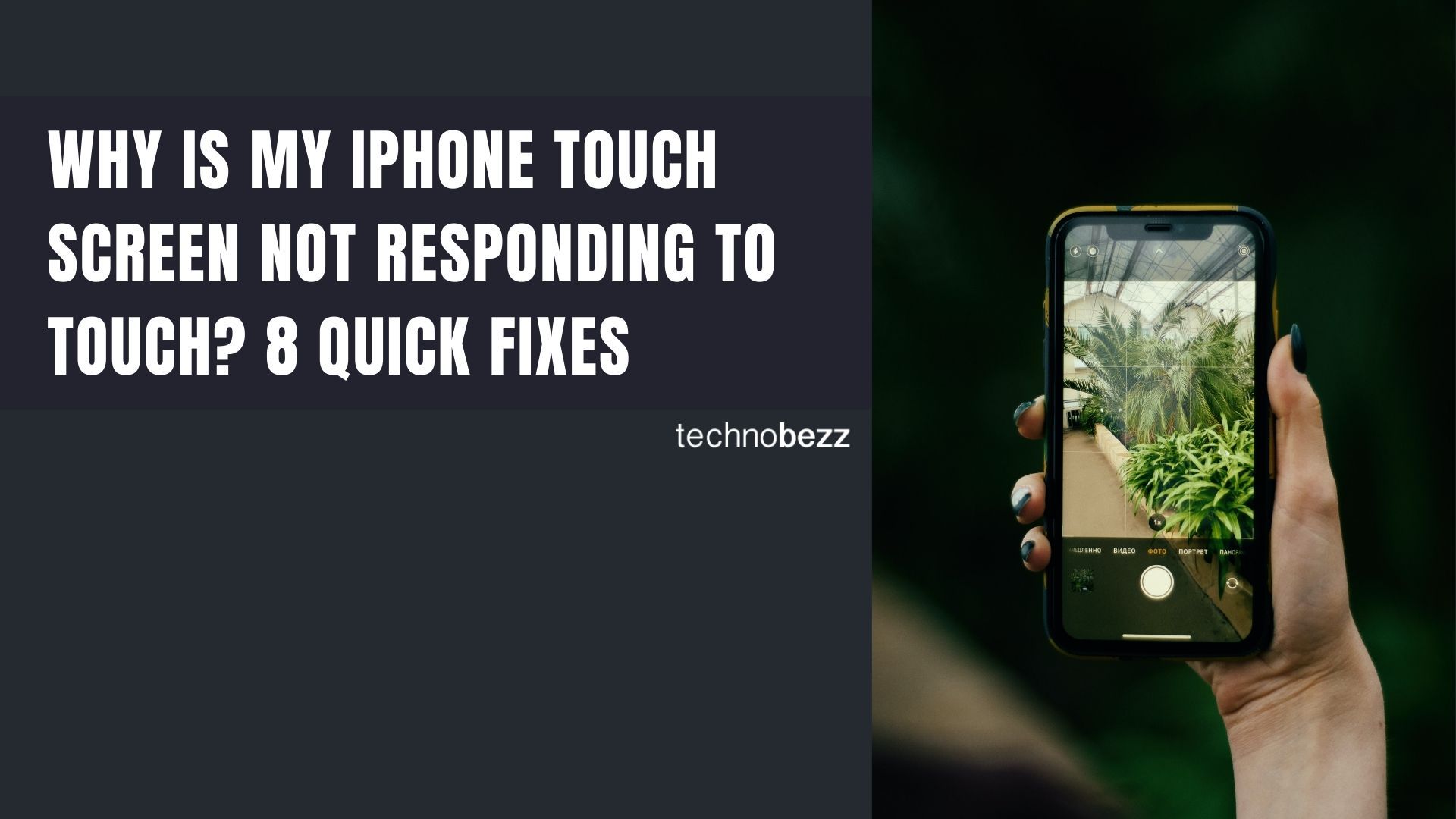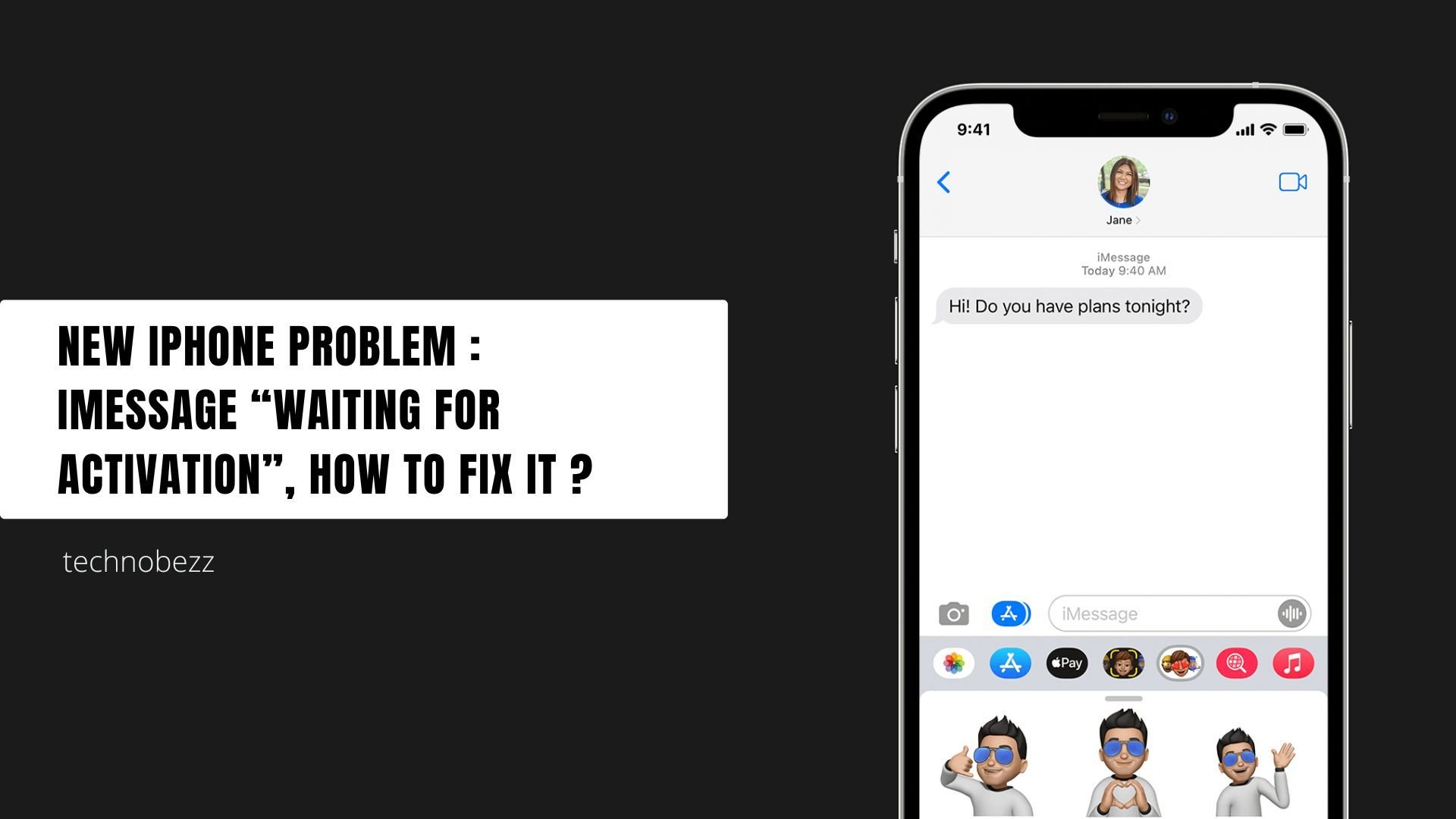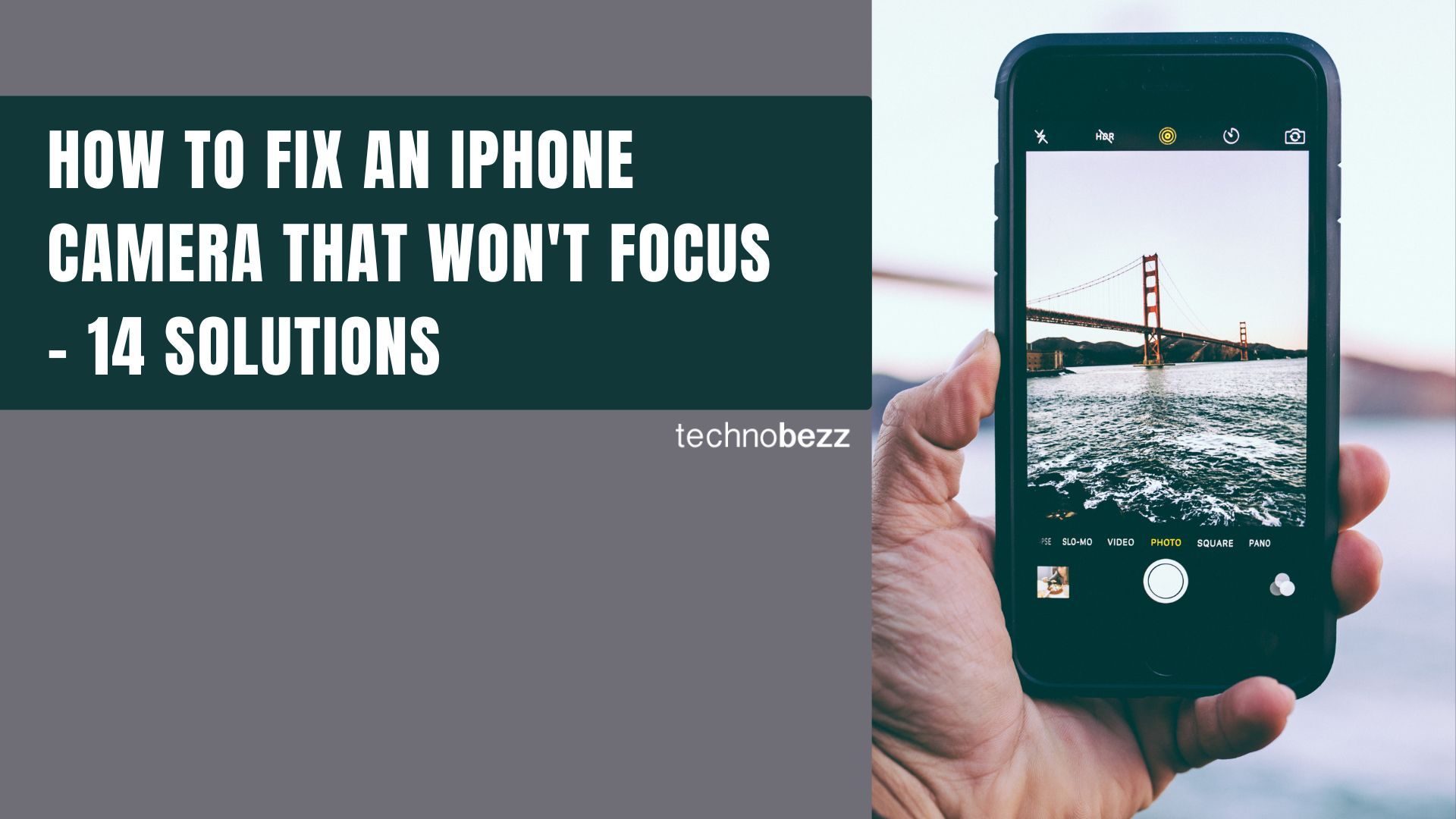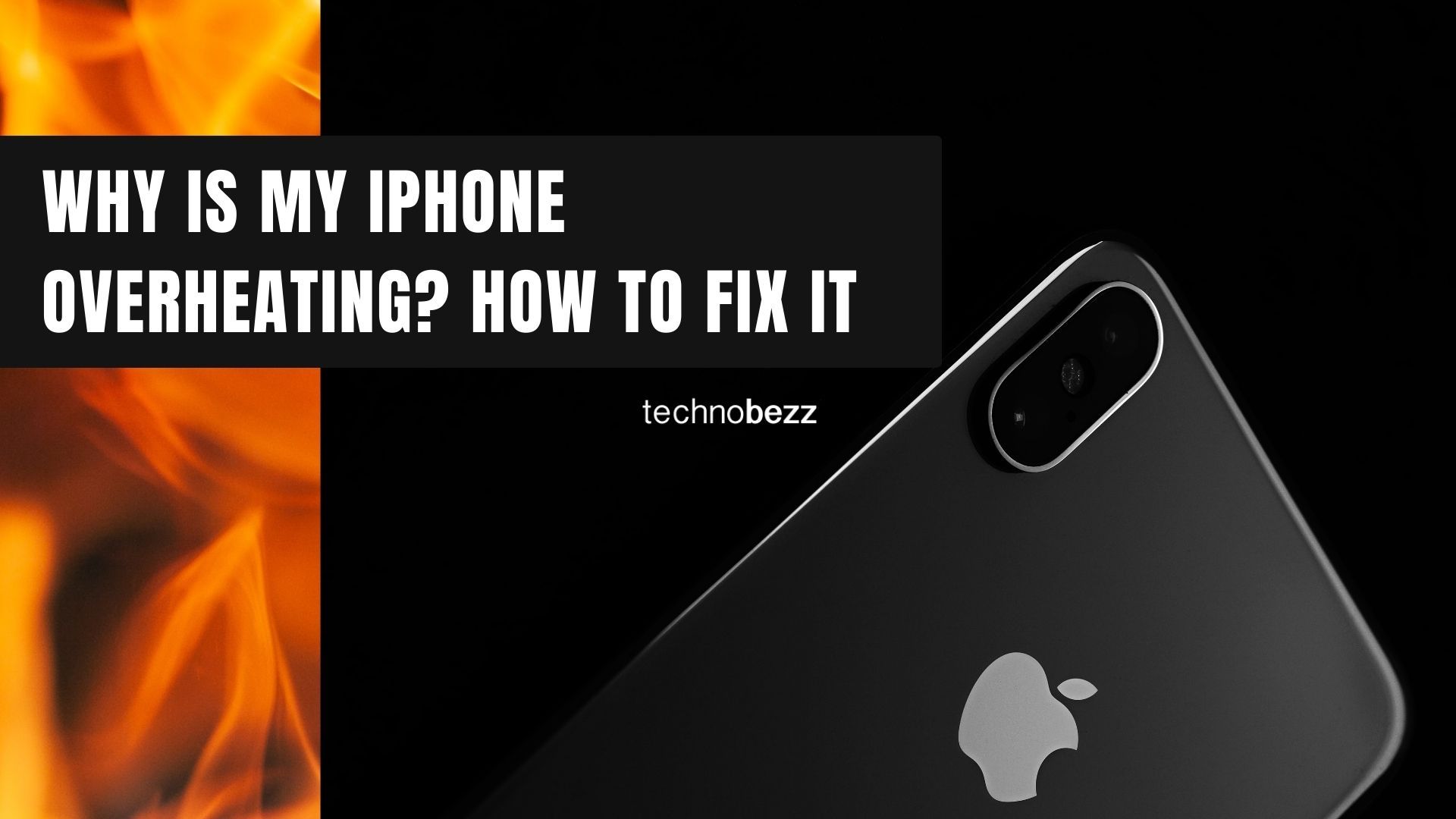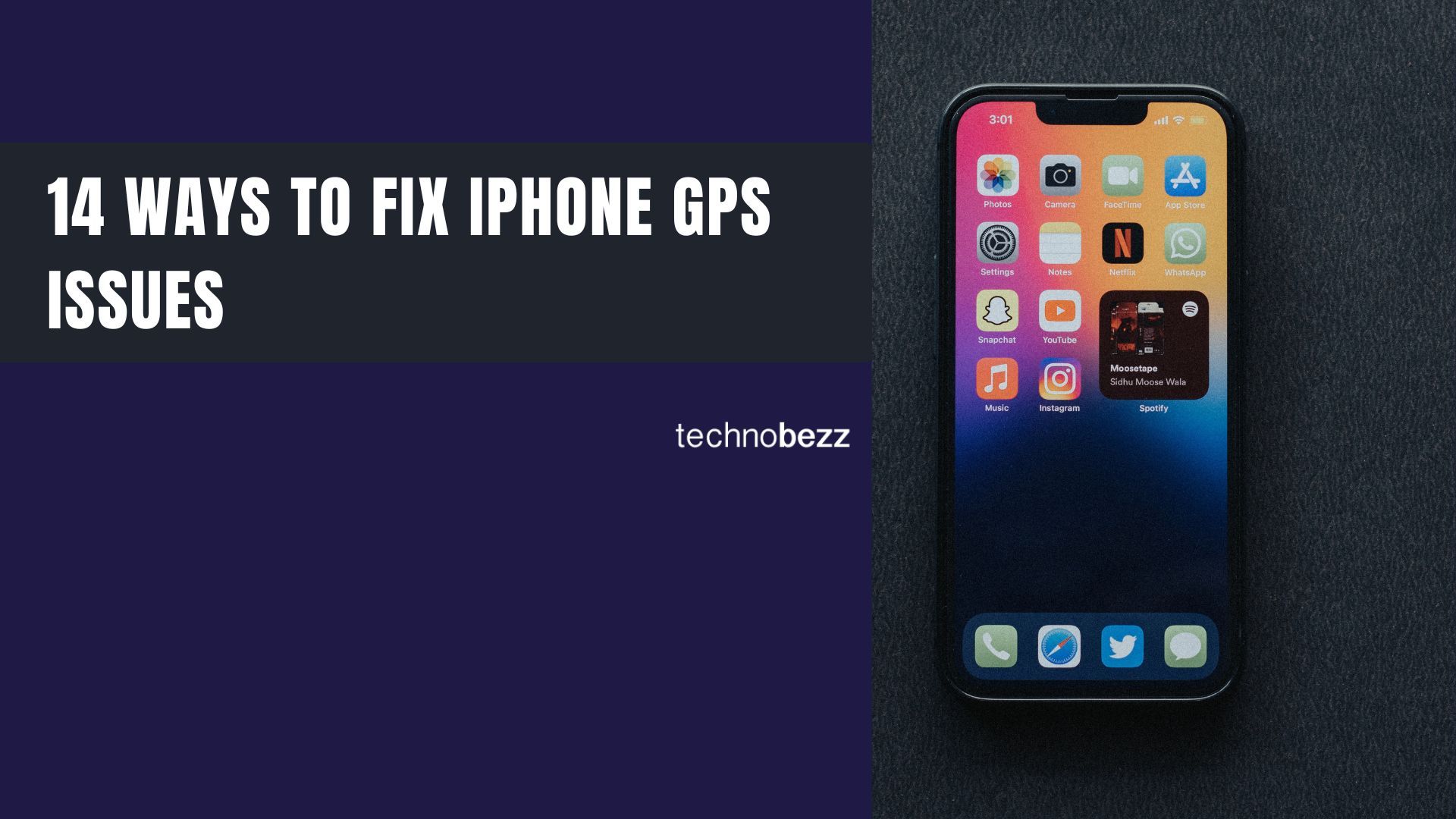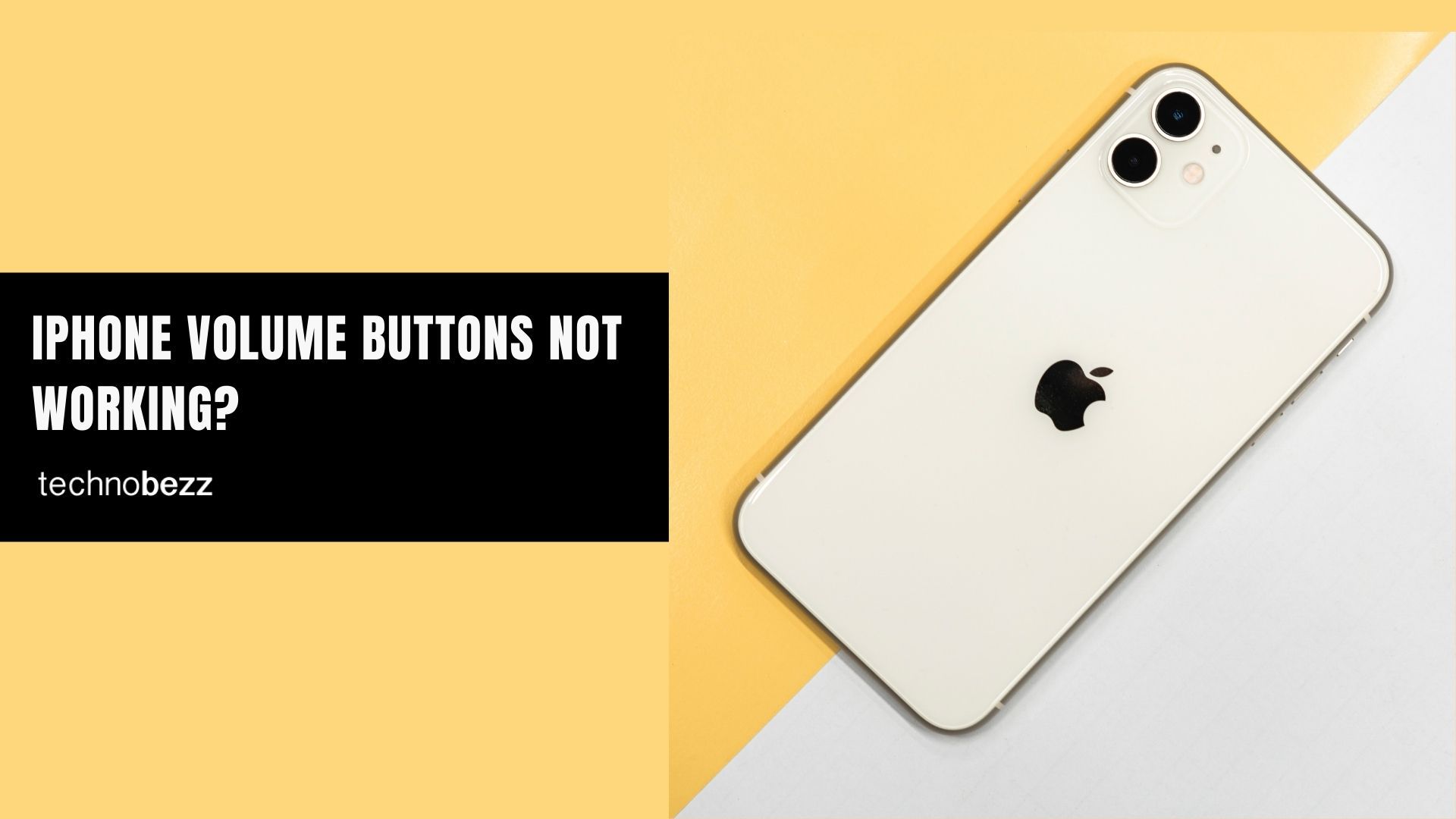Does your iPhone feel slow and unresponsive? Even the fastest iPhones can start lagging over time. The good news is most performance issues have simple solutions you can try right now.
Lagging usually happens for a few common reasons: low storage space, too many apps running, background processes, or battery health issues. Let's walk through the quickest fixes to get your iPhone running smoothly again.
Read more - Why Is My iPhone Battery Draining So Fast? (And How to Fix It)
Restart Your iPhone
The simplest fix is often the most effective. A quick restart clears temporary files and stops background processes that might be slowing things down.
Just hold the power button and slide to power off, then turn it back on. This basic step resolves many performance issues instantly.
Close Background Apps
Too many apps running in the background can drain resources. Here's how to close them:
For iPhones with Home button:
- Double-tap the Home button
- Swipe through your open apps
- Swipe up on each app to close it
For iPhones without Home button:
- Swipe up from the bottom of the screen
- Swipe left or right to find apps
- Swipe up on each app to close it
Check Your Battery Health
When your battery health drops below 80%, your iPhone may slow down to prevent unexpected shutdowns. To check:
- Go to Settings > Battery > Battery Health
- If Maximum Capacity is below 80%, consider battery replacement
Clear Safari Cache and History
Safari stores website data that can build up over time. Clearing this frees up storage and can speed up browsing:
- Open Settings > Apps > Safari
- Scroll down to "Clear History and Website Data"
- Tap to confirm
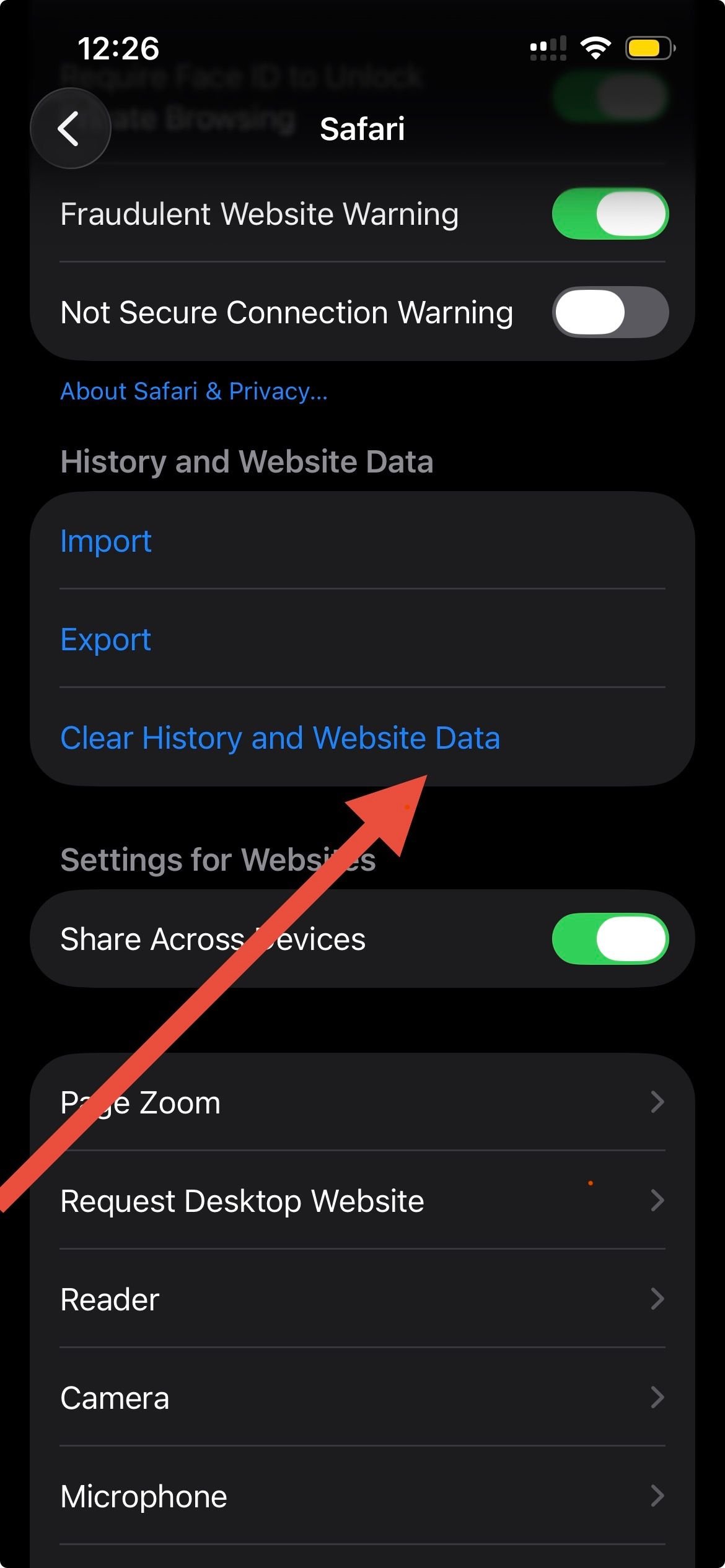
Free Up Storage Space
When your iPhone storage gets too full, performance suffers. Try these steps:
- Go to Settings > General > iPhone Storage
- Delete unused apps and large files
- Move photos to iCloud (Settings > [Your Name] > iCloud)
- Offload unused apps (Settings > App Store > Offload Unused Apps)
Update Apps and iOS
Outdated software can cause performance issues. Keep everything current:
Update apps:
- Open App Store
- Tap your profile icon
- Update available apps
Update iOS:
- Go to Settings > General > Software Update
- Download and install any available updates

Manage Background Processes
Several features run in the background and can slow your iPhone:
Background App Refresh:
- Settings > General > Background App Refresh
- Turn off for apps you don't need updating constantly
Automatic Downloads:
- Settings > App Store
- Turn off automatic downloads for apps and updates
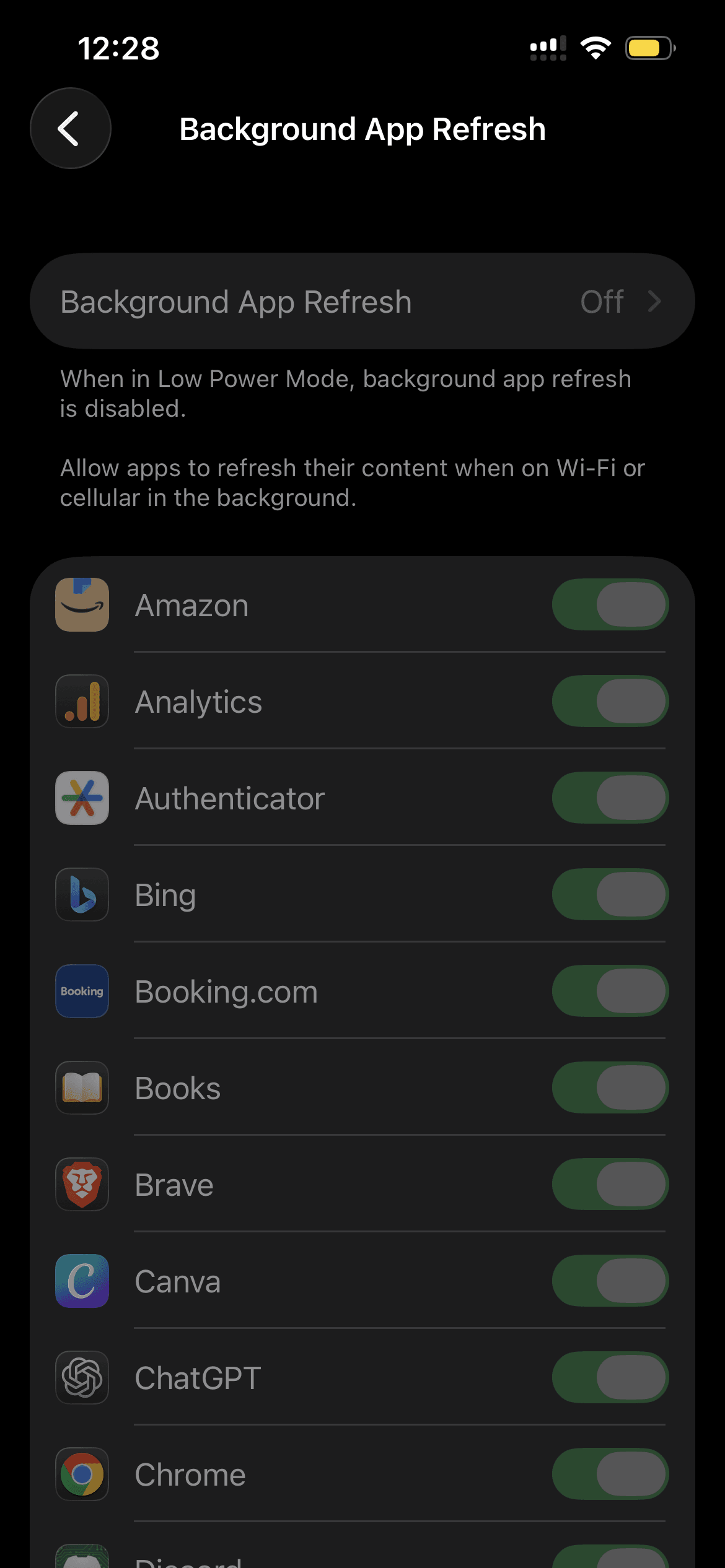
Optimize Visual Effects
Reducing animations and transparency can improve performance, especially on older iPhones:
Reduce Motion:
- Settings > Accessibility > Motion
- Turn on "Reduce Motion"
Reduce Transparency:
- Settings > Accessibility > Display & Text Size
- Turn on "Reduce Transparency"
Use Low Power Mode
Low Power Mode temporarily reduces background activity to extend battery life and can improve performance:
- Settings > Battery > Low Power Mode
- Or ask Siri "Turn on Low Power Mode"
Monitor Battery Usage
Some apps drain more battery than others. Check which ones are the culprits:
- Settings > Battery
- View battery usage by app over last 24 hours
- Close or uninstall apps using excessive power
Remove Unused Widgets
Widgets constantly update and can slow down your home screen:
- Long press any widget
- Tap "Remove Widget"
- Keep only the widgets you actually use
Disable Siri Suggestions
Siri's background processing can impact performance:
- Settings > Siri & Search
- Turn off "Show in Look Up" and "Show in Spotlight"
- Disable suggestions from Apple
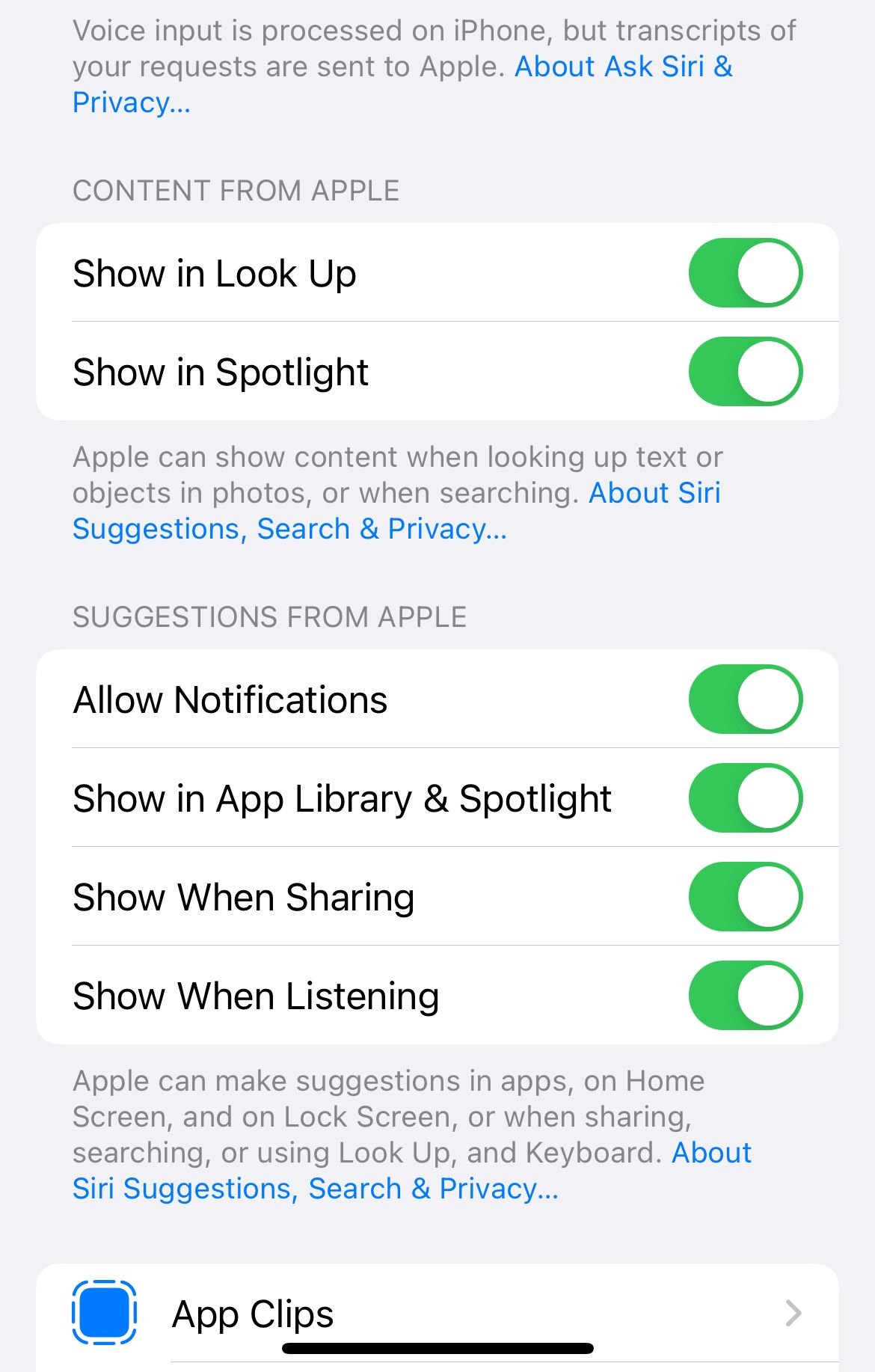
Reset All Settings
If nothing else works, resetting settings can resolve deeper issues without losing your data:
- Settings > General > Reset
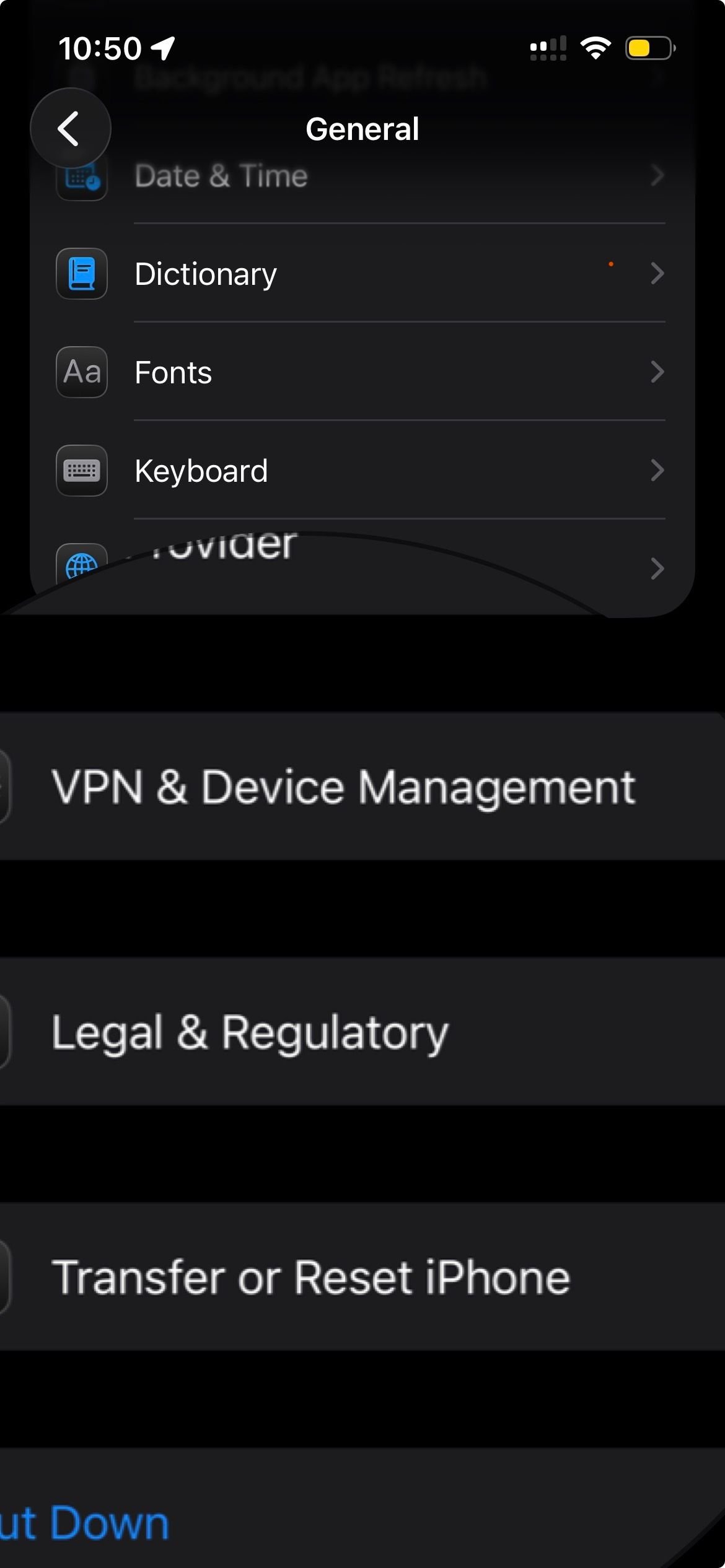 Click to expand
Click to expand- Tap "Reset All Settings"
- Enter your passcode to confirm
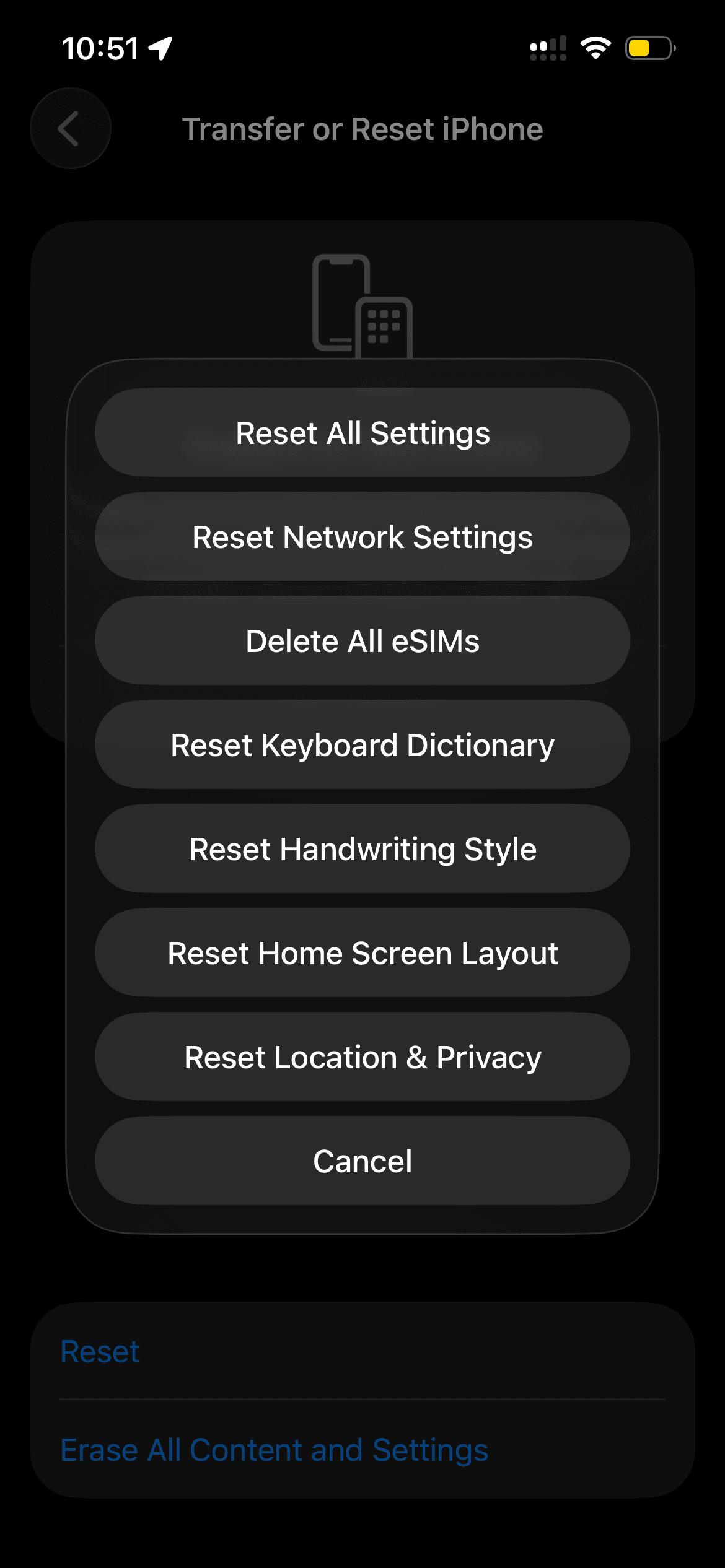
Start with the simplest fixes like restarting and closing apps, then work through these steps until your iPhone feels fast and responsive again. Most performance issues can be resolved without drastic measures.



